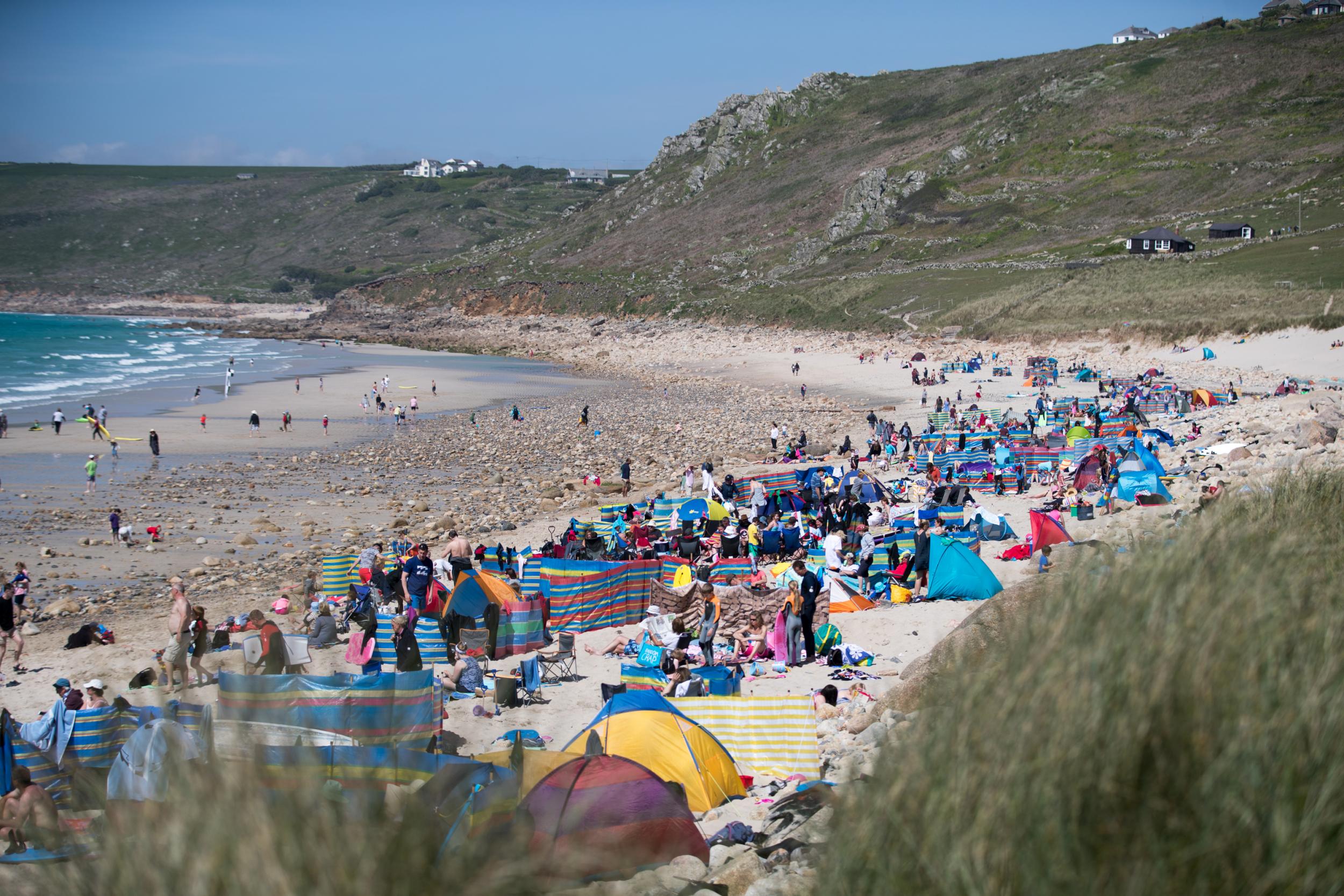Why a cut in airline tax won't help struggling families
'There are many who cannot afford a foreign holiday, whether or not the cost is escalating,' writes Butlin’s MD Dermot King

What a ridiculous notion. There are many families who cannot afford a foreign holiday, whether or not the cost is escalating, and instead holiday at home. These “treadmill families” as the Social Mobility Commission described them this week, are far more likely to have voted for Brexit yet will not benefit from this tax subsidy that the Government seems set on awarding to better-off families.
Surely the families which the Social Mobility Commission says are “running harder and harder but standing still" are the very same families Theresa May was referring to on the steps of Downing Street after becoming Prime Minister.
She said: “If you’re one of those families, if you’re just managing, I want to address you directly. I know you’re working around the clock, I know you’re doing your best, and I know that sometimes life can be a struggle. The government I lead will be driven not by the interests of the privileged few, but by yours.”
Well this suggested cut in APD is a very odd way of showing that the Government is on the side of those struggling families. UK residents already spend £14bn more on foreign holidays than is spent on tourism in the UK and our government should be supporting businesses in this country not businesses in France, Germany or Spain.
Sterling has fallen by more than 15 per cent against the euro and dollar since the referendum vote in June which should in theory make the UK a more attractive destination for foreign tourists. Yet research this week suggested that hotel bookings in London have fallen dramatically to their lowest level since 2008, at the start of the financial crisis.
There is a better and more equitable solution to the anomaly of tax subsidies awarded to well-off families who can afford to take their children abroad compared to hard-up families who cannot – a reduction in VAT on domestic tourism.
The UK charges 20 per cent VAT for visitor accommodation, compared with 7 per cent in Germany, 9 per cent in Ireland, and 10 per cent in France, Spain and Italy. Indeed across Europe, 31 countries have a reduced rate of VAT on tourism and as a result a British family wanting to take a domestic break has to pay substantially more in VAT for the privilege.
Then there is the broader economic argument of how effective abolishing APD would be compared to cutting VAT on domestic tourism to 5 per cent which is what the Cut Tourism VAT campaign that I chair is calling for. The Campaign to Cut Tourism VAT enjoys significant cross-party political support: 169 MPs support the Campaign and two select committees have called on the Government to reduce Tourism VAT. A reduction could be brought into effect immediately, as there is no need for legislation at the national or EU level.
A recent PwC analysis for the British Hospitality Association reported independent research that shows that if the rate of VAT on UK tourism was reduced to 5 per cent, domestic tourism could increase up to 10 per cent which translates into £8bn less being spent by UK residents on foreign holidays.
Contrast that with abolition of APD, which the analysis suggested would result in a 10 per cent increase in UK residents’ trips overseas translating to £3bn more in UK residents spending abroad. Abolition might lead to a foreign exchange inflow of around £2.5bn.
But let’s return to those hard working families which the Government wants to listen to and support. Take your traditional family of four, with two children under the age of 10, enjoying two very similar one week breaks – one week in south west France and the other on the south coast of Britain.
If each spends £1,000 it is the family on holiday in France which gets the much better deal, paying only £100 in VAT while the family on a British break has to pay double, £200, for the same spend. How is that fair?
Join our commenting forum
Join thought-provoking conversations, follow other Independent readers and see their replies
Comments
Bookmark popover
Removed from bookmarks